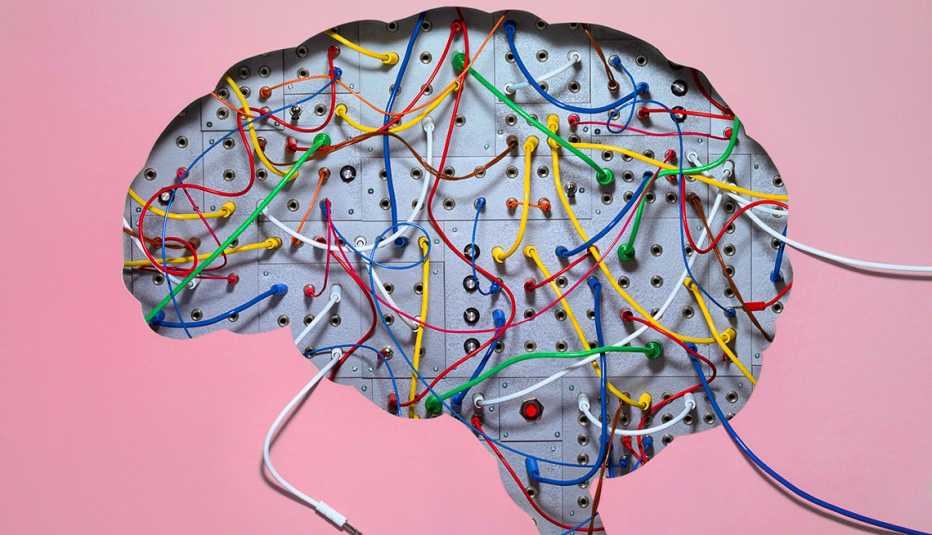Staying Fit
Individuals who speak two languages regularly appear to build a cognitive reserve that significantly helps delay the onset of mild cognitive impairment that comes later in life, a study published in the journal Neuropsychologia suggests.
The study provides a first-of-its-kind comparison of the brain-health benefits associated with multilingualism across a spectrum of language proficiency and use. To make the comparison, researchers in Spain constructed a scale of bilingualism ranging from people who speak one language but have a passive knowledge of a second language to individuals with an excellent command of two languages, which they use interchangeably in daily life.


AARP Membership— $12 for your first year when you sign up for Automatic Renewal
Get instant access to members-only products and hundreds of discounts, a free second membership, and a subscription to AARP the Magazine.
In the United States, more than a fifth of the population older than age 5 speak a language other than English at home, according to the most recent five-year estimates from the “American Community Survey” (no age breakdown was available). For more than 13 percent of Americans, that language is Spanish. About 1 percent speak Chinese at home, including the Mandarin and Cantonese dialects, and just under 1 percent total speak a variety of Native American languages.
Of the more than 60 million Americans who speak a language other than English at home, about 3 in 5 speak English very well, data from the U.S. Census Bureau survey shows.
In Spain the researchers recruited 266 people age 60 and older living in Barcelona, where Spanish and Catalan are commonly spoken. The participants included 63 healthy individuals, 135 previously diagnosed with mild cognitive impairment and 68 with Alzheimer’s disease. Each participant’s language proficiency was then correlated with the age at which neurological symptoms were first observed.



































































